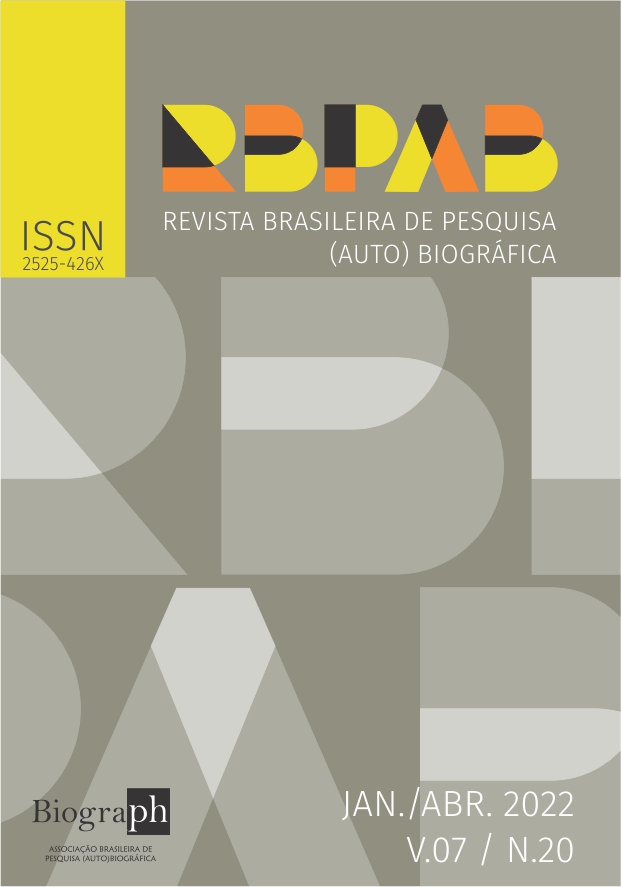#Pedagogiasciberculturais: como aprendemos-ensinamos a nos tornar o que somos?
DOI:
https://doi.org/10.31892/rbpab2525-426X.22.v7.n20.p247-250Keywords:
Cyberfascism, Cybercultural pedagogies, Cyberinsurgencies, Cartographic onlineAbstract
we have asked ourselves in this research: "How do we learn and teach to become what we are in times of cyberculture?" We believe that cybercultural practices mobilize innumerable pedagogies that lead us to multiple inhumane and humane formative experiences. The present research has been undertaken based on the cartographic research, that emerges from post-structuralist epistemologies. We have mapped various online experiences in order to produce theories about the present, interrelated with discussions on gender, sexuality, race, education, class, among other social markers. We have followed online trails/tracks which provided us with clues as to how cybercultural pedagogies are constituted in the present and how they reverberate in what we become, what we claim to be, and what we share. With the data analysed in this thesis, we seek to map how cybercultural pedagogies emerge, how they are constituted and historically established, how they operate on the web, and how they develop in the micro and macropolitical everyday life. Our cartography has revealed that cyberculture is marked by countless events, among them, fascist movements and practices that operate with the intention of spreading hatred towards differences, which we here nominate as "cyberfascists". As a result of the analysed data, we developed the concept of “cyberfascist pedagogies”, which operate to govern the behaviour of others through the production, sharing and viralization of hatred practices and content against the differences, and destroying the humanization of others, transforming them into an object or something lifeless. However, there isn´t just hatred in the online everyday life; we have also identified insurgent, anti-fascist movements and experiences that expand the ethical freedom and existential networks of affection, solidarity and collaboration. Our analysis led to the concept of “cyberinsurgent pedagogies”, which represent those pedagogies that lead us to rebel against all forms of fascism, operated by networks of indignation and support, through the sharing/viralization that aim to expand the coexistence between the differences, the existence of dissident lives, the strengthening of social ties, a horizontal citizenship. They are mobilized by subjects in alliances with other subjects, with the purpose of encouraging and helping to denounce pain, announcing interventions of struggles and insurgencies, in addition to enhancing multiple interventions in cyberspace cities, promoting the emergence and development of humanitarian, social, civil, ecological, economic causes.













































